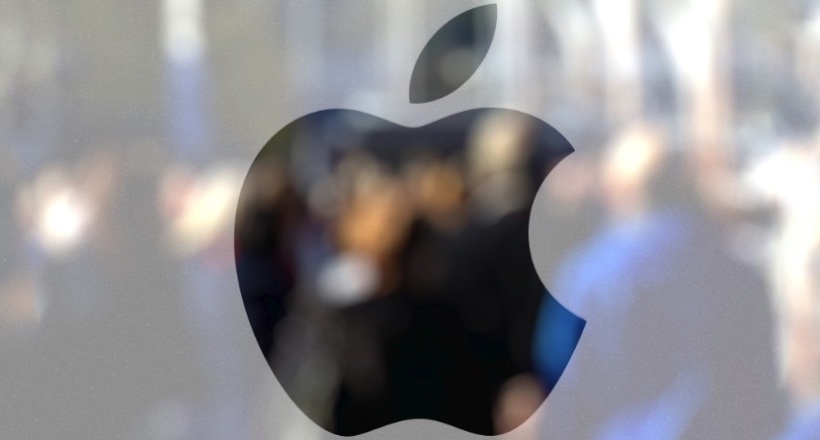Apple bought the Israeli startup TrueMeeting to improve Vision Pro avatars
Apple has acquired the Israeli startup TrueMeeting, which developed technology for creating realistic digital avatars for video calls and augmented reality. The deal took place in January, but information about it has only just become known.

TrueMeeting’s technology allows users to scan their face with a phone and create a digital avatar that accurately conveys movements, facial expressions, and body language in real time. Apple plans to use this development in the Personas feature for Vision Pro — it allows the user to be present in virtual space as a personalized digital avatar. Until now, users have criticized Personas for being unrealistic and bearing little resemblance to real people.
Prior to the acquisition, the company raised $45 million in investments. About 20 startup employees have joined Apple’s Israeli development center.
Apple’s Israeli Vector
Apple has strong ties with Israel. The collaboration began with the purchase of the Israeli startup Anobit in 2012, which specialized in manufacturing flash memory chips for smartphones, tablets, and media players. In 2015, Apple opened an R&D center in Herzliya, which was later joined by another center in Haifa.
Many of Apple’s key developments were created in these centers: new Mac processors, Apple Watch, facial recognition systems, data storage controllers. Thanks to Israeli employees, new iPhones were equipped with lidars — “light radars” capable of measuring distance using light. This allowed the iPhone 13 to switch focus between objects at different distances from the camera during and even after video shooting.
In Apple’s offices in Haifa and Herzliya, the new flagship M2 processor was created, containing over 20 billion transistors. It provides a performance increase of tens of percent compared to the previous generation. Israeli developers also invented a new device memory access technology that saves energy and allows the new MacBook Air with an M series processor to run on a single battery charge for up to 18 hours.
About 2000 people currently work in Apple’s offices in Haifa and Herzliya: 350 of them came from Israeli startups acquired by Apple, the rest were attracted as a result of organic growth.
Apple also opened a third development center in Israel — in Jerusalem. The center was opened in 2022 in the Har Hotzvim tech park, where several dozen engineers are already working. Apple is currently expanding its presence in Jerusalem, leasing additional spaces in the Hebrew Campus tech park next to the Hebrew University, and actively hiring employees — 28 vacancies are open. The new office will focus on developing processors for Mac computers. After using Intel processors in Mac computers for about 15 years, the company began transitioning to its own chips.
In April, Apple launched a program in Israel aimed at inspiring young women to enter the high-tech industry and learn new IT professions.





